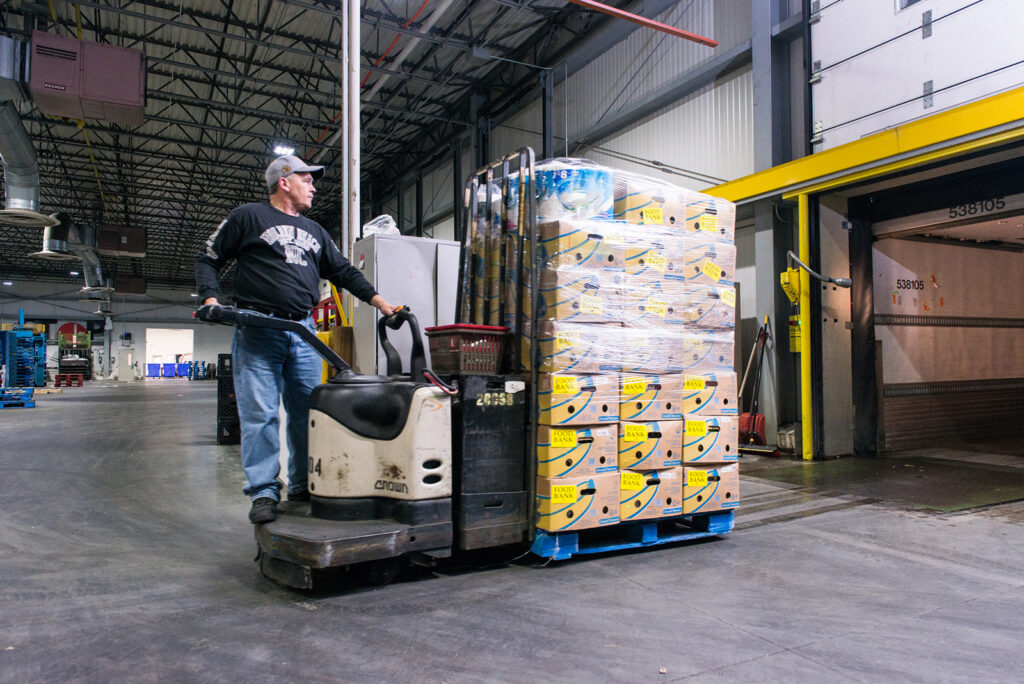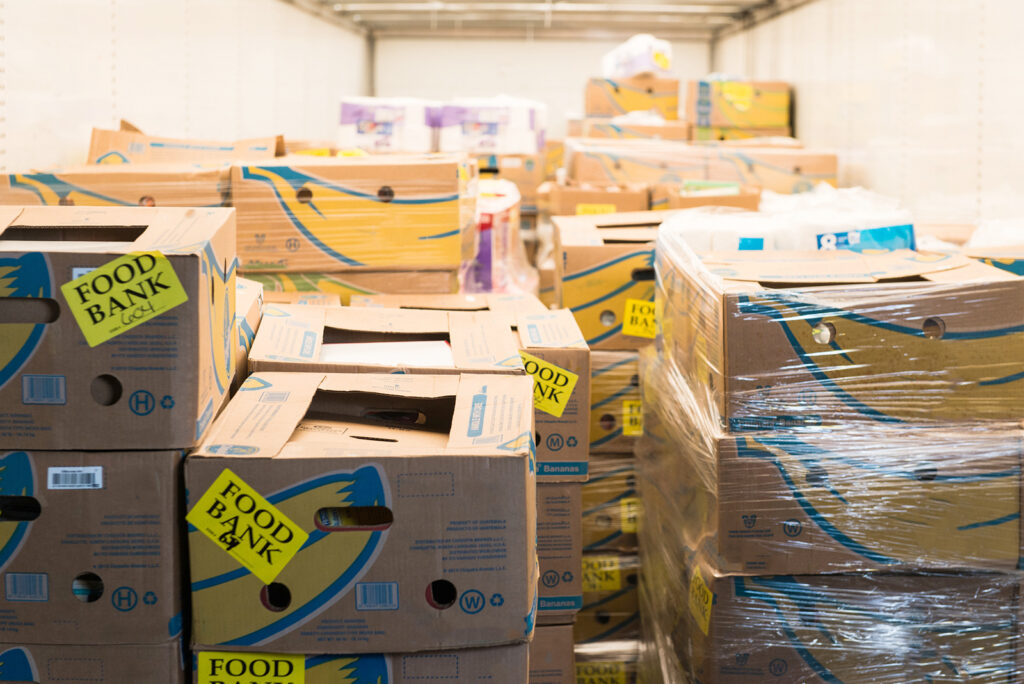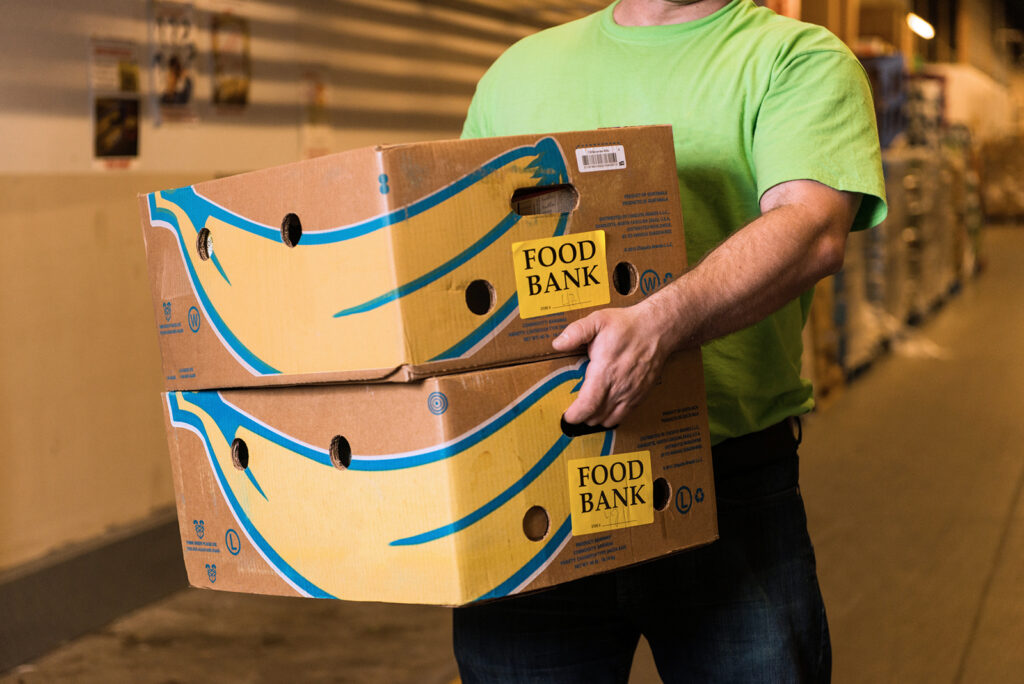20%
Increase in store food recovery in 3 months
Divert’s optimization solution tracked store-specific data to identify recovery opportunities and outline strategies for optimization.
1,252
LBS of monthly waste reduced, per store average
Participating stores reduced edible food going into the Divert bins by an average of 1,252 pounds per store per month.

The Problem
In California, new legislation around organic waste disposal is incentivizing companies to waste less and donate more. This legislation is targeting a 20% increase in edible food recovery by 2025. In response, companies are seeking new strategies to manage their unsold food. Such was the case with Safeway, a major grocery retailer in Northern California seeking to strengthen their food donation program and comply with these new regulations by recovering more of their unsold food.
Our Solution
Safeway looked to Divert’s optimization solution to help strategize a better approach to food recovery. With proprietary technology and an experienced field team, Divert created a strategy tailored to Safeway’s operational needs, with incredible results.
Download the case study for a detailed look at how Safeway implemented Divert’s optimization solution.




The Results
Together with Divert’s field team and in collaboration with Safeway’s food bank partner, Alameda County Community Food Bank (ACCFB), Safeway increased donations for the first grouping of stores by 20% in three months. Those stores were able to reduce the edible food going into the Divert bins by an average of 1,252 pounds per store per month. Learn more about these results by downloading the case study.
